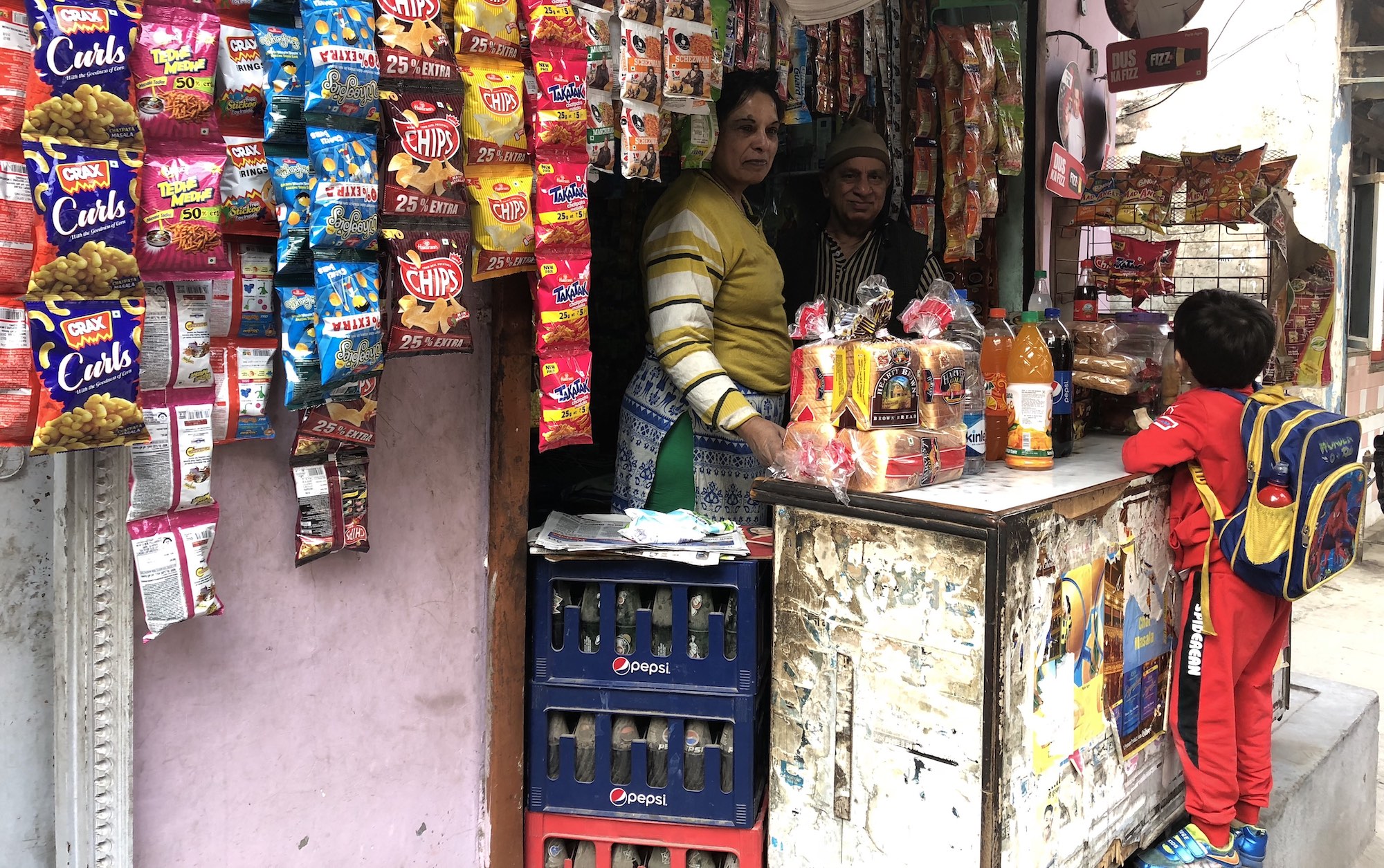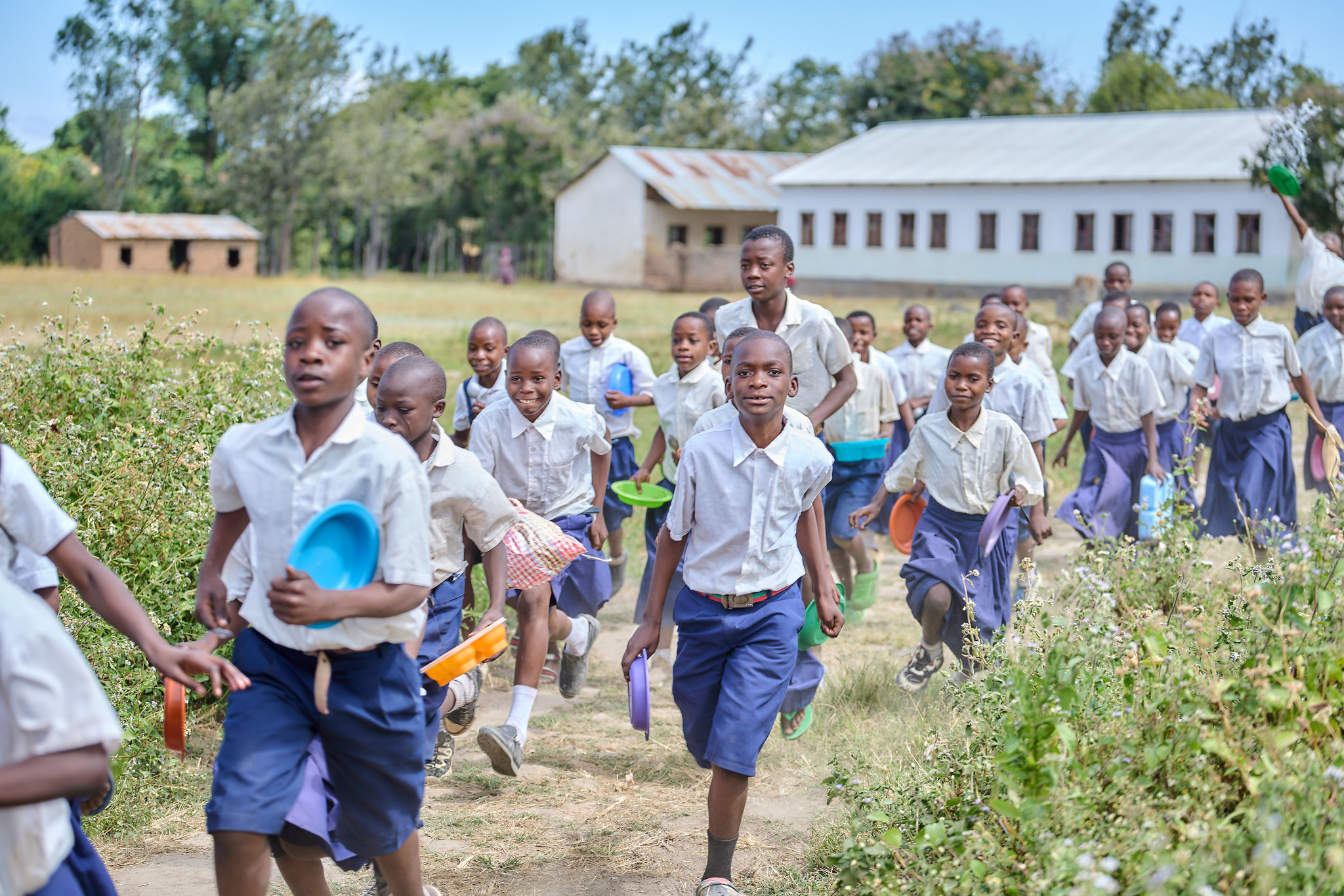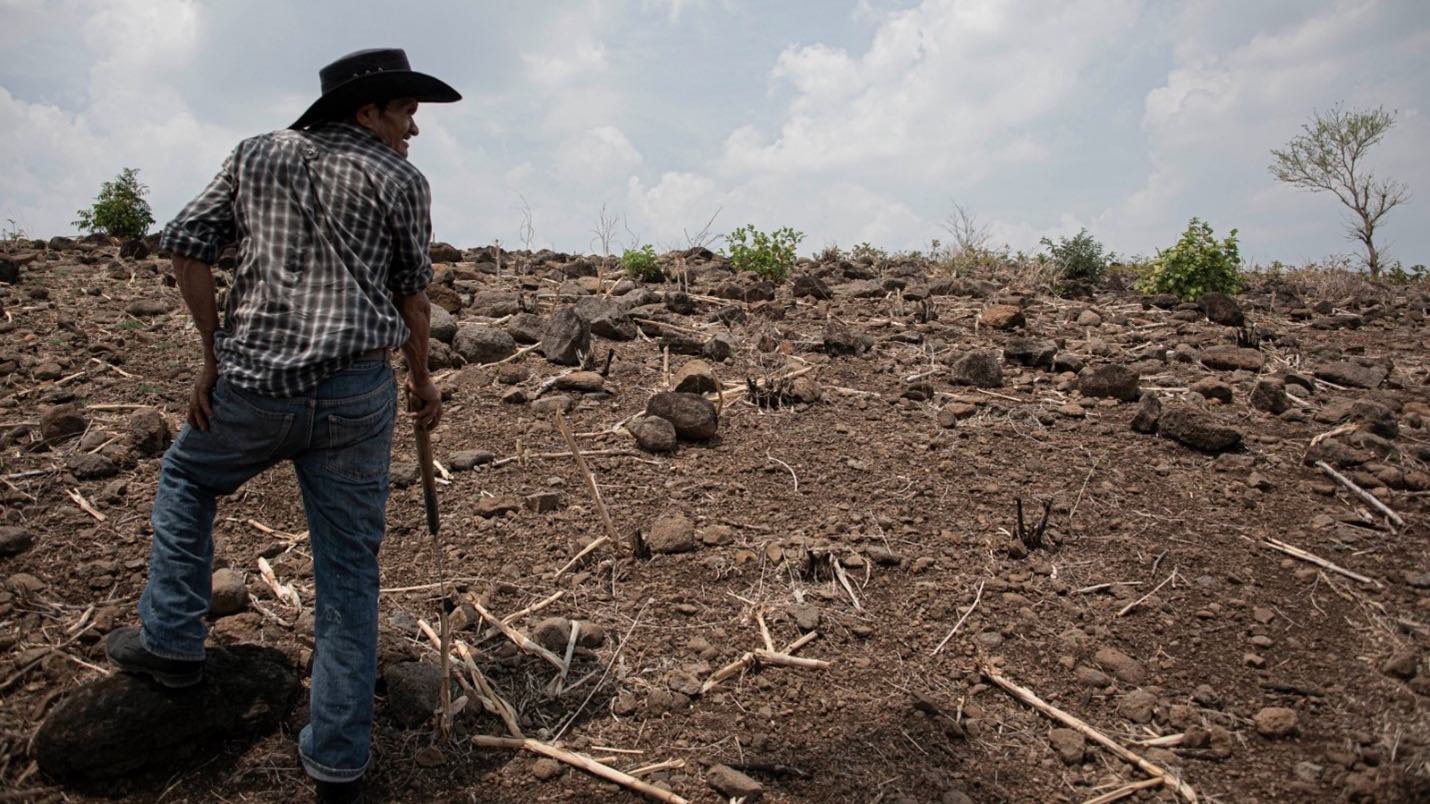Today, half the world’s population lives in cities. That share will jump to two-thirds by 2050, with much of the growth occurring in Africa and Asia. Given the pace and scale of urbanization, combined with global pressures on food systems such as climate change, a number of initiatives have emerged in recent years to help the world’s cities build sustainable and resilient food systems.
Among them are the Milan Urban Food Policy Pact, which is rallying 184 city mayors around “food” as the entry point for the sustainable development of growing cities; the C40 Urban Food Systems Network; the Food for the Cities Programme; and ICLEI Local Governments for Sustainability.
These organizations and networks are working to provide resources, frameworks of action, and assistance to guide cities toward resilience. Participation in them is voluntary and open to cities from the wealthiest to the poorest countries. Their focus is on key aspects of development, such as urban planning, technology, the built environment, resilience and adaptation to climate change, and governance.
While these initiatives are critically important to support healthy and sustainable urbanization, they need to be complemented by evidence-based actions that will support the urban poor’s access to healthy diets in low- and middle-income countries and enable them to achieve optimal nutrition and health.
Rapid urbanization has created unprecedented challenges for food systems, and as cities in these countries continue to expand, they are struggling to provide affordable, healthy diets for everyone—let alone the most vulnerable populations. As a result, urban centers are increasingly facing challenges of both undernutrition—in the past, a problem primarily associated with rural areas—and the rising prevalence in overweight and obesity and diet-related noncommunicable diseases such as diabetes, cardiovascular diseases, and some forms of cancer.
To reverse these trends, we need to go beyond asking how we can make cities more resilient to also asking how we can build resilience among city dwellers. This means complementing ongoing efforts with evidence-based program and policy actions that take into account the human dimensions of urban vulnerability—particularly, the problems the urban poor confront daily. This approach requires a new way of looking at cities—one based on the awareness that they are home to diverse populations with different cultures and traditions as well as challenges, constraints, and needs.
Good data is key to this effort. Yet all we currently have is a patchwork image pieced together from data collected too long ago and often from developed countries facing different problems altogether.
To understand the unique needs of the urban poor, we need up-to-date, wide-ranging data that provide a multidimensional, real-time picture of their lives and vulnerabilities. For example, we need to know what the urban poor are eating and where they source their food—from informal markets, supermarkets, or urban gardens; how personal preferences, gender, time constraints, household structure, and characteristics of the food environment shape these patterns; and how all these factors vary among those living in lower-income neighborhoods vs. those living in slums vs. those without fixed residences. We must fill these knowledge gaps. This means conducting new research using cutting-edge and standardized methodologies across a spectrum of cities in different regions and countries. Building this evidence base—in addition to documenting, evaluating, and learning from current and past initiatives and policy interventions—will enrich the policy dialogue and enhance global efforts to improve the well-being of poor urban dwellers.
IFPRI’s new research program, Urban Food Systems for Better Diets, Nutrition, and Health, will fill these critical knowledge and evidence gaps. (A May 17 IFPRI event will introduce the program and explore these challenges.) The evidence the program generates will tell us how to reshape urban food environments and food systems to encourage and enable the poor to eat healthy diets and achieve optimal nutrition and health. The evidence will also help identify policies and investments that can transform food systems into drivers of healthy food choices and engines of economic growth.
Our work will start with research to understand the diets of poor urban consumers and the main individual and household factors that shape their food choices. From there, we will explore how the urban poor interact with their food environments—examining how they choose among all food purchasing options, from informal markets, vendors, and food stalls, to formal supermarkets and restaurants. We will assess how these interactions are shaped by disparities and inequalities among urban dwellers of different gender, working in different types of jobs, living in households with different sociodemographic characteristics, and in cities of different sizes. Finally, we will study the dynamics of urban food systems and urban-rural linkages.
This last area could hold the key to both promoting healthy urban food systems that benefit the poor and driving inclusive economic transformation in developing countries. We aim to develop an understanding of how the rapid changes in food demand related to rising incomes and increased need for convenience in urban areas can become an opportunity for peri-urban and rural enterprises, including small farms and local food processing firms, to profitably and competitively supply urban markets. With such insights, policy makers can begin to devise policies and incentives that will strengthen local supply chains, allowing urban food systems to drive agricultural transformation and broader structural economic change.
Existing urban networks and platforms will be able to use a rich body of evidence and the new knowledge generated by this research to inform and guide governments in designing urban food policies and strategies. Such efforts will be crucial to achieve sustainable and resilient food systems—and also to improve the lives, diets, and nutrition and health of the urban poor.
Marie Ruel is Director of IFPRI’s Poverty, Health, and Nutrition Division (PHND). IFPRI Senior Editor Tracy Brown and PHND Senior Research Fellow Jef Leroy contributed to this post. This work is being undertaken as a part of the CGIAR Program A4NH.







